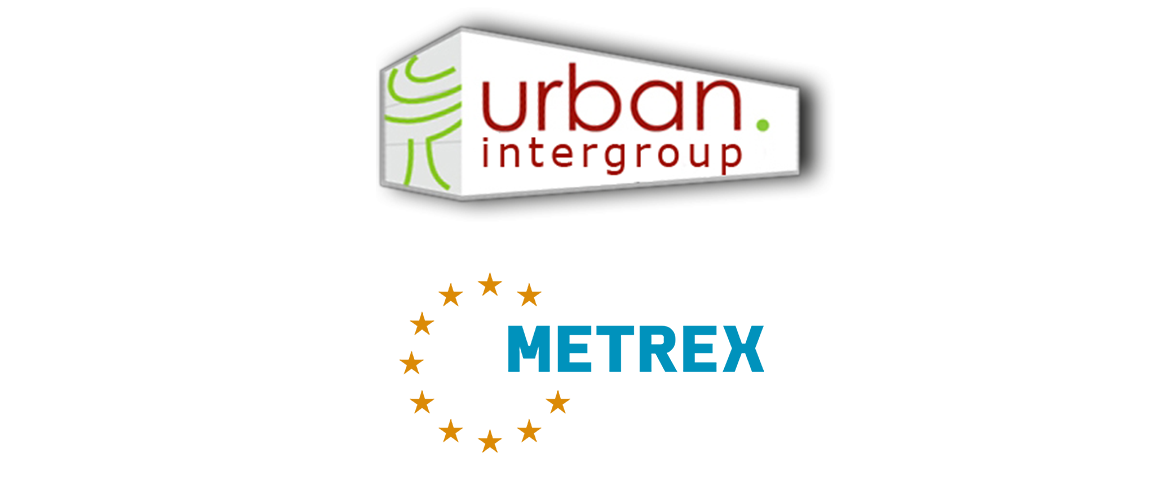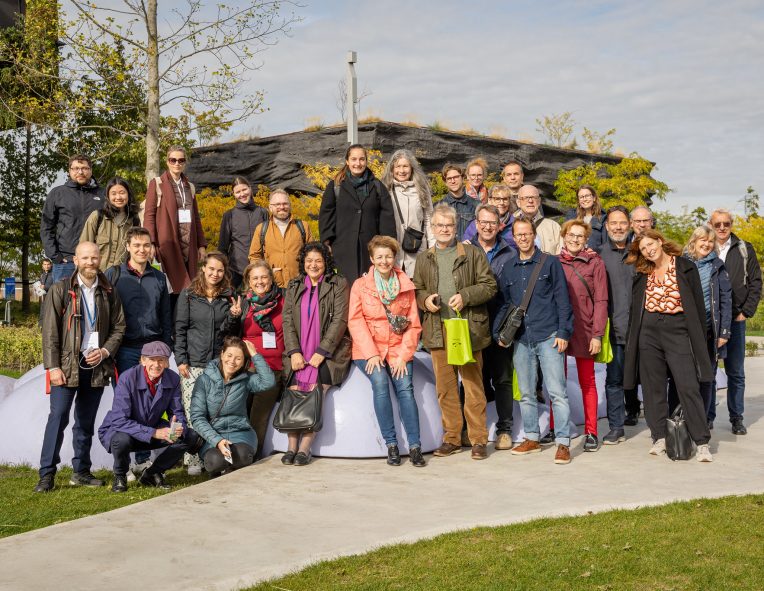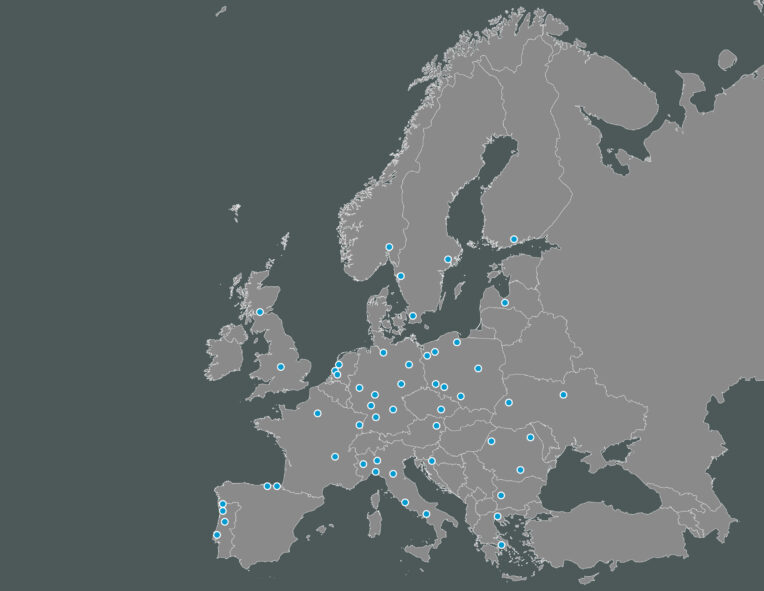21 January 2022, 09:00-11:00 CET, Online
A Metropolitan Vision for Europe 2050. Resilient urban and rural transformation for a climate neutral future was the topic of the last event co-organised on January 21st by the URBAN Intergroup and METREX (Network of European Metropolitan Regions and Areas).
Jakub Mazur, METREX President and deputy Mayor of Wrocław in Poland, opened the event by underlying why the Metropolitan Vision for Europe 2050 is needed. He recalled that at the European Metropolitan Authorities (EMA) conference in Porto, last November, Elisa Ferreira, EU Commissioner for Cohesion and Reforms, called upon metropolitan regions and cities to come forward with proposals to address the urgent challenge of establishing a resilient and climate neutral Europe by 2050. The URBAN Intergroup of the European Parliament is an important partner to help shape this vision. Fabienne Keller, Vice-President of the URBAN Intergroup, recalled different challenges that are currently in front of the urban areas. She stressed that the level of metropolis and cities is the most efficient one to achieve ambitious climate objectives.
Henk Bouwman, Secretary General of METREX, recalled that during EU Week of Regions, METREX members started the discussion about existing examples of metropolitan projects which testimony climate adaptation. To further showcase the important role of metropolitan regions and cities, METREX has taken the initiative to answer Commission Ferreira’s call by proposing a common Metropolitan Vision for Europe 2050, including investment propositions, together with all relevant stakeholders in the field.
In her video address, Anni Sinnemäki, Deputy Mayor of Helsinki, stressed that Helsinki wants to be one of the front-runner cities in providing solutions to the fight against climate change. Decarbonisation of the heating system is the major concern as half of the city’s emissions is generated by heating. Helsinki looks at the existing solutions implemented in other cities. That is why the cooperation between cities is very important and international networks are very helpful in exchanging best practices.
Thomas Kiwitt, Planning Director, presented examples of projects implemented at the metropolitan level of Stuttgart Region. Hydrogen strategy and better accessibility and mobility were one of the several examples that climate goals cannot be achieved with isolated approaches. Cities are not an island and they need to cooperate with their surroundings. That is why metropolitan areas are the appropriate level to tackle challenges.
Łukasz Medeksza, METREX board member from Wrocław presented key points for a Metropolitan Vision, which included the need to gather potential partners to ensure that any Vision is realised. This, of course, will bring examples that back-up any propositions within the Vision that tackle the main issues faced by the European Commission. In addition to the invitation by Ms. Ferreira for regions to collaborate more closely with the European Commission, the vision, Medeksza said, would consolidate to the growing role of metropolitan areas in responses to European policies such as the Green Deal, Digital Transition.
Xavier Tiana, Head of International Relations from Area Metropolitana de Barcelona, EMA (European Metropolitan Authorities), spoke about the need for a stronger and more explicit metropolitan dimension to support the services they are delivering, particularly in light the pandemic. Tiana was clear that some issues such as housing and air pollution cannot be solved at the scale of the city.
Filipe Ferreira, Metropolitan Executive Secretary from Lisbon Metropolitan Area, presented main goals of the Metropolitan Vision for Europe 2050. These include positioning the metropolitan level as the EU governance level regarding the cohesion policy; showcasing the policy solutions created by metropolitan areas; and, contributing to EU global leadership regarding twin transitions.
During the exchange of views, Eurocities recalled a newly adopted statement titled ‘Delivering EU’s Rural Vision 2040 through urban-rural cooperation’ that goes directly in the context of strengthening a dialogue,
Jan Olbrycht, President of the URBAN Intergroup, welcomed in conclusion the cooperation between DG REGIO and AGRI who recently launched the Rural Pact which should be a platform for different stakeholders to discuss how to implementation a rural vision for Europe. He confirmed URBAN Intergroup reediness to further discuss the metropolitan challenges in the future.



